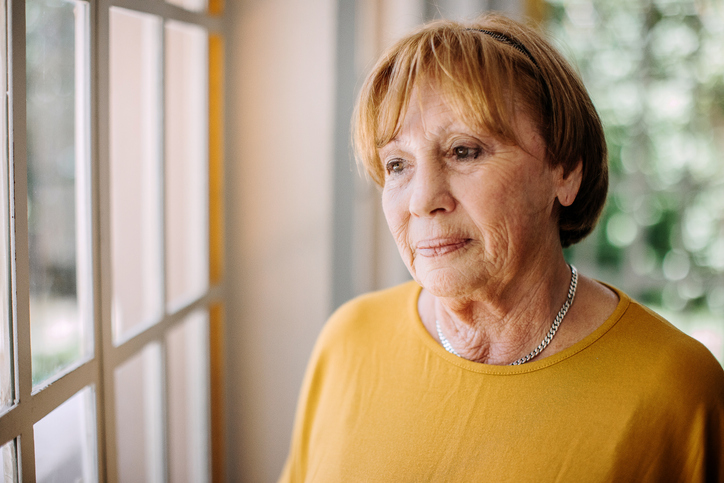Diverticulosis and Diverticulitis

These medical conditions that sound alike are both aspects of diverticular disease, a disorder that affects the large intestine, or colon. Diverticulosis is the less serious of the two conditions. Approximately half of people over age 60 have diverticulosis, and the rate increases with age. Many people are unaware they have it since they may not have noticeable symptoms.
What is diverticulosis?
Diverticulosis means that small bulges or sacs have formed in weakened areas along the walls of the colon. It is not known why they form. These bulges may be discovered when a patient has a routine colonoscopy, a procedure that is done to look for early signs of cancer of the colon or rectum. These bulges are not dangerous, don’t usually cause a problem, and don’t typically need any treatment. Doctors often advise patients to eat more fiber, fruits, and vegetables in their diet as a preventative care measure. Fiber helps soften the stool and makes them easier to pass. It reduces constipation, which puts greater pressure on the colon. Drinking plenty of water each day also helps prevent constipation.
What is diverticulitis?
Diverticulitis occurs when one of the bulges or sacs becomes inflamed or infected. Bacteria can grow in the sacs, which triggers inflammation. Some of the complications of diverticulitis include intestinal blockage, bleeding, perforations or tears in the intestine, abscesses in the abdomen, and peritonitis. Diverticulitis can be quite serious. Surgery may be required in some cases. Symptoms of diverticulitis include abdominal pain on the lower left side, nausea, vomiting, fever, chills, constipation, and rectal bleeding or black tarry stools.
Treatment for diverticulitis
Treatment may include pain medication, antibiotics, clear liquid diet, and bowel rest. Hospitalization may be necessary if there is a perforation, so that the patient can receive intravenous antibiotics and fluids. A CT scan with contrast may be used to diagnose the condition and later check for healing after a course of antibiotics. A complicated attack of diverticulitis is often followed by a colonoscopy in 4-6 weeks to rule out colon cancer. Chances of a full recovery are very good when the patient receives prompt medical care.
Who is at risk?

Risk factors for diverticular disease include the following:
- Being over age 50
- Eating a diet low in fiber and high in animal fat
- Obesity
- Lack of exercise
- Regular use of non-steroidal anti-inflammatory drugs such as ibuprofen, naproxen, high-dose aspirin, diclofenac, and celecoxib. Use of opioids.
- Smoking
Next steps
The physicians at RMD Primary Care can answer your questions about diverticular disease. Contact us today for an appointment.




